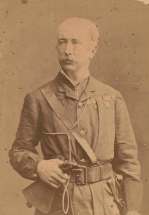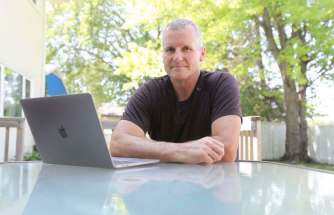City embarking on process to remove honours for odious figures of history
Read this article for free:
or
Already have an account? Log in here »
To continue reading, please subscribe:
Monthly Digital Subscription
$1 per week for 24 weeks*
- Enjoy unlimited reading on winnipegfreepress.com
- Read the E-Edition, our digital replica newspaper
- Access News Break, our award-winning app
- Play interactive puzzles
*Billed as $4 plus GST every four weeks. Offer only available to new and qualified returning subscribers. Cancel any time.
Read unlimited articles for free today:
or
Already have an account? Log in here »
Hey there, time traveller!
This article was published 17/06/2020 (1720 days ago), so information in it may no longer be current.
As petitions demand the renaming of three city schools and an avenue whose namesakes are accused of racist acts, city council is implementing its own process to consider such requests.
One local petition calls for school boards and the city to replace the names of Wolseley School, Lord Wolseley Elementary School and Wolseley Avenue with monikers that honour Métis individuals instead. The petition argues Gen. Garnet Wolseley, who commanded the force that worked to suppress the Métis-led Red River Resistance, played a key role in a racist colonization effort.
Another petition calls for the Winnipeg School Division to rename Cecil Rhodes School for his work as a politician, said to have laid the groundwork for racial segregation in South Africa.
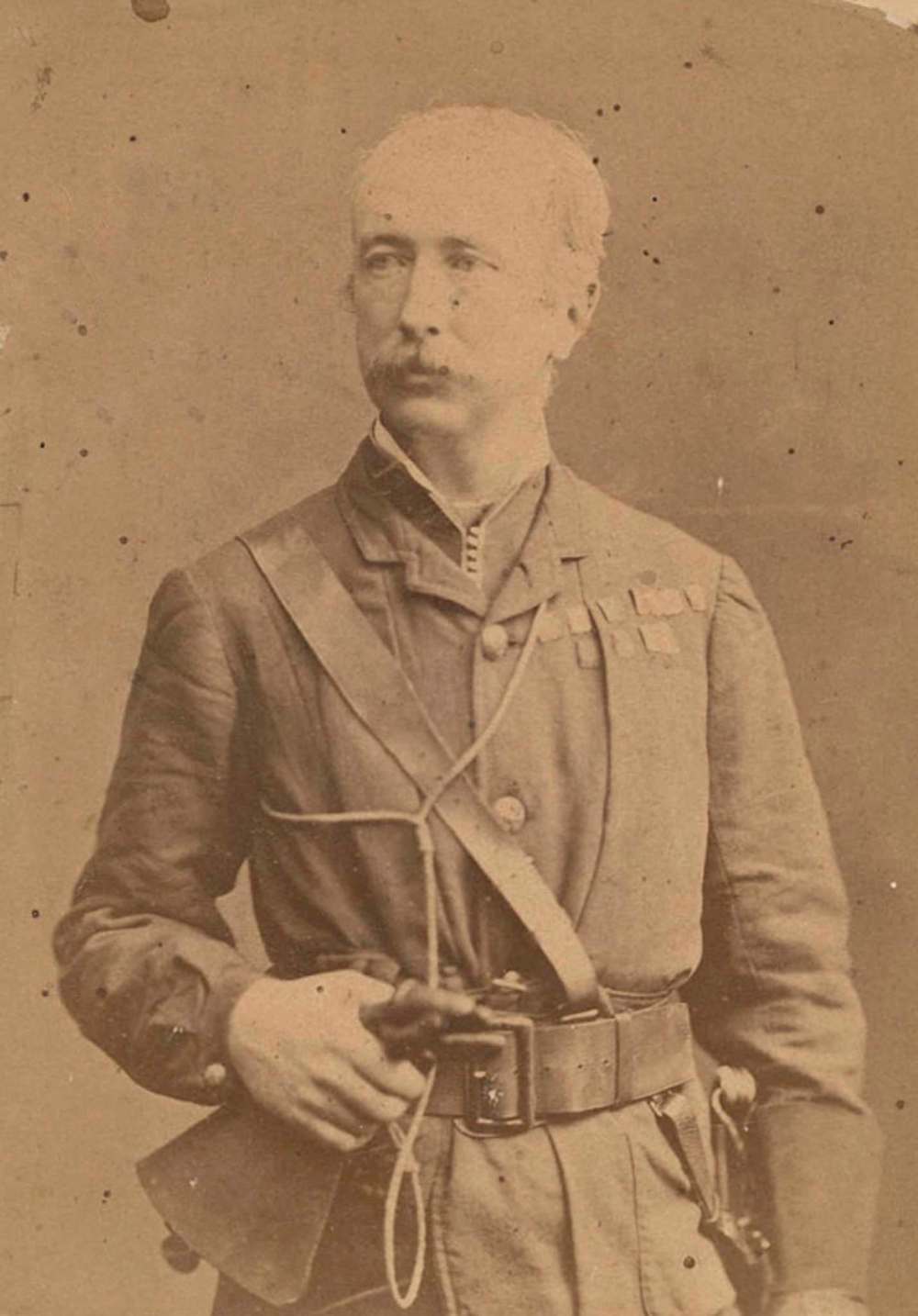
Coun. Brian Mayes (St. Vital) said an increasing number of Winnipeggers are concerned about how historical figures are immortalized by local monuments and place names.
“I think each neighbourhood probably is going to have to wrestle with some of this,” said Mayes.
The city is now working to implement Welcoming Winnipeg: Reconciling our History, a policy to name and rename places and historical markers. The policy was created as part of the city’s path to reconciliation, with the goal of addressing names that negatively impact the Indigenous community.
Approved in January, the new process will allow renaming requests for monuments, parks, buildings and trails to be assessed by a committee of community members, who will then make recommendations to city council.
Ry Moran, the director of the National Centre for Truth and Reconciliation, said those conversations are critical, as local, national and international movements to combat racism take place.
Moran said the city’s process should help historically marginalized voices get their concerns heard.
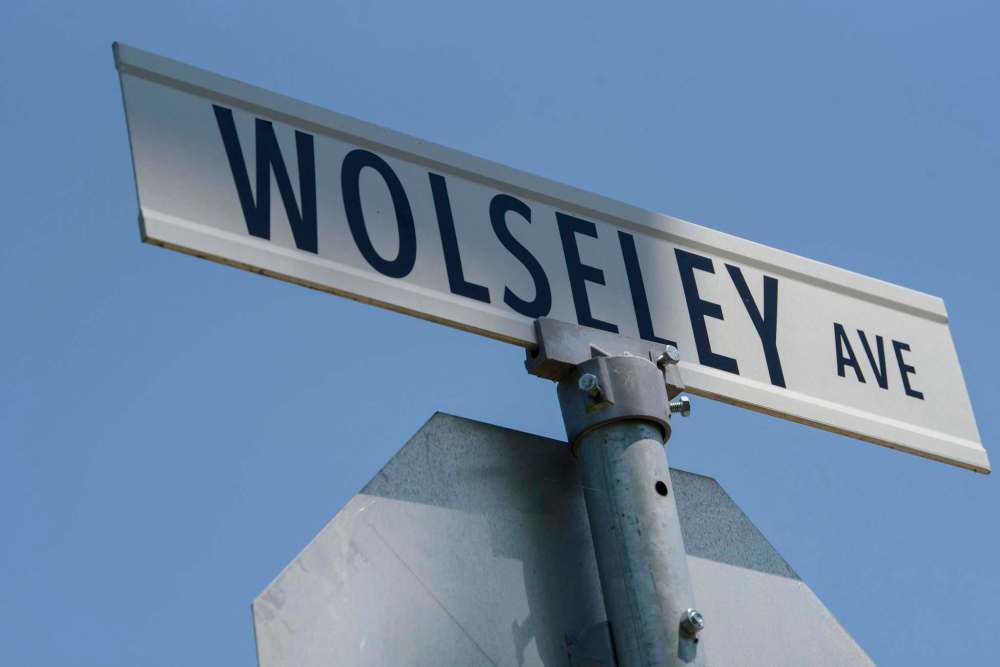
“The conversation can’t come quickly enough because what we are attempting to overcome is the systemic, long-term silencing of voices and peoples and cultures in this country,” said Moran.
He said the name Wolseley raises personal concerns for him as a Métis person, due to the general’s role to “suppress and quell” Indigenous rights.
“I’m not certain that we should be honouring people with places and names that deliberately and intentionally suppress human rights,” said Moran.
Mayes noted each renaming application could lead to a name’s replacement, a monument’s removal or the addition of educational text to better explain a person’s full role in history. He stressed all options must be considered carefully, especially if some Winnipeggers seek to replace the name of an entire neighbourhood.
“With some of these (places), it’s become history or part of someone’s life and I think you have to be very careful about that,” he said.
Moran said he believes the consideration of renaming places, or adding context, is not about erasing history, but enhancing it with new perspectives that were previously left out.
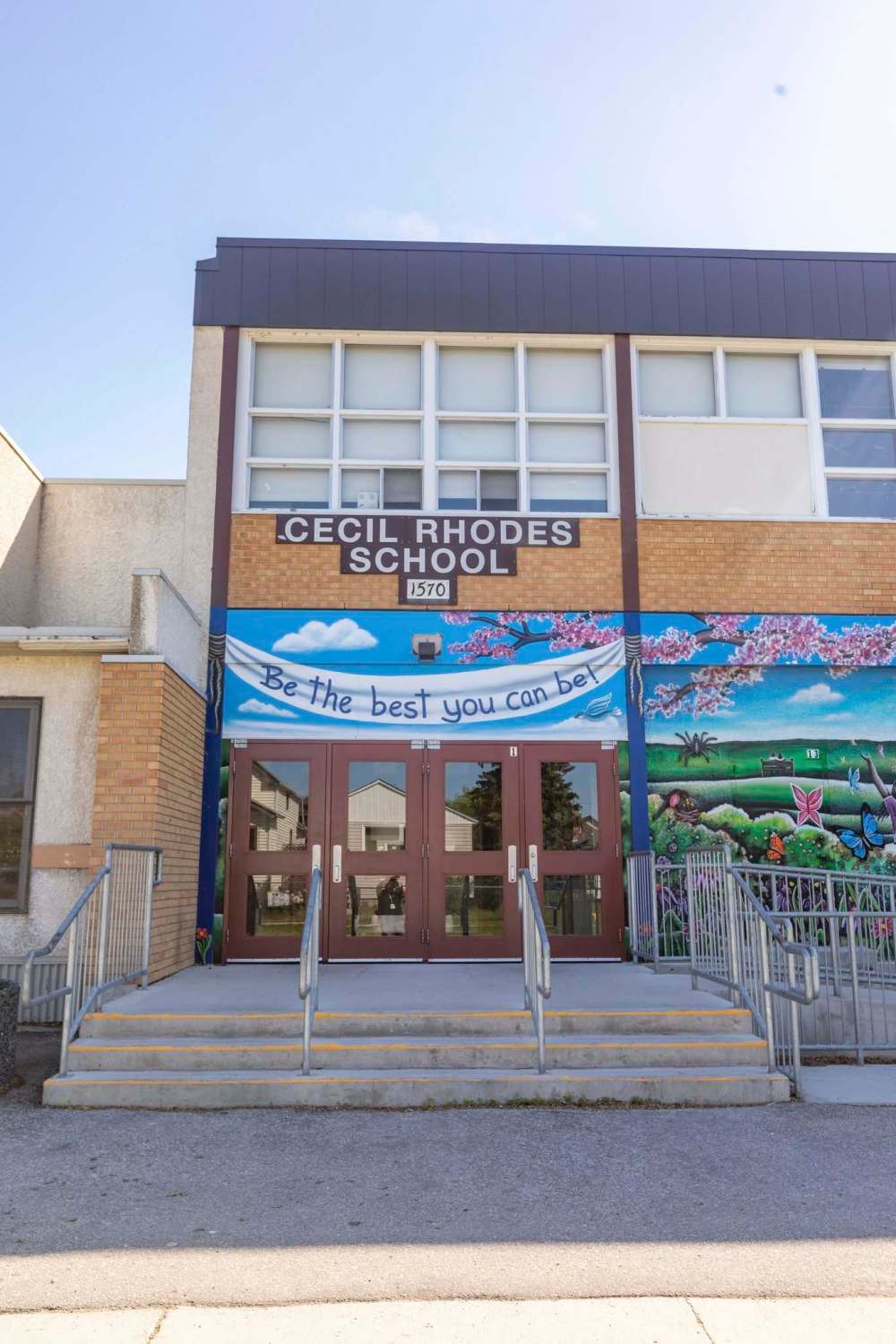
“We did a terrible job of writing our history in this country and that’s what we’re trying to fix now. We’re not re-rewriting history, we’re repairing it from the damage that colonization did to it,” he said.
It’s not clear how the city’s upcoming process could address concerns over Wolseley Avenue, since street names aren’t listed in the applications it’s set to assess. However, a city spokesperson indicated that matter is open for discussion.
“Street naming is not included in the Welcoming Winnipeg initiative; however, the intent is that members of the community will come forward with requests for changes they feel need to be addressed,” said spokesperson Joelle Schmidt, in an email.
In a written statement, Mayor Brian Bowman said the citizen-led committee should be selected “later this year” with more details expected early next week.
Bowman said he expects the new process will help “resolve the absence of Indigenous perspectives, experiences, and contributions in the stories (that are) remembered and commemorated.”
By late Wednesday afternoon, more than 1,000 people had signed the Wolseley petition and more than 1,500 had signed the Cecil Rhodes petition.
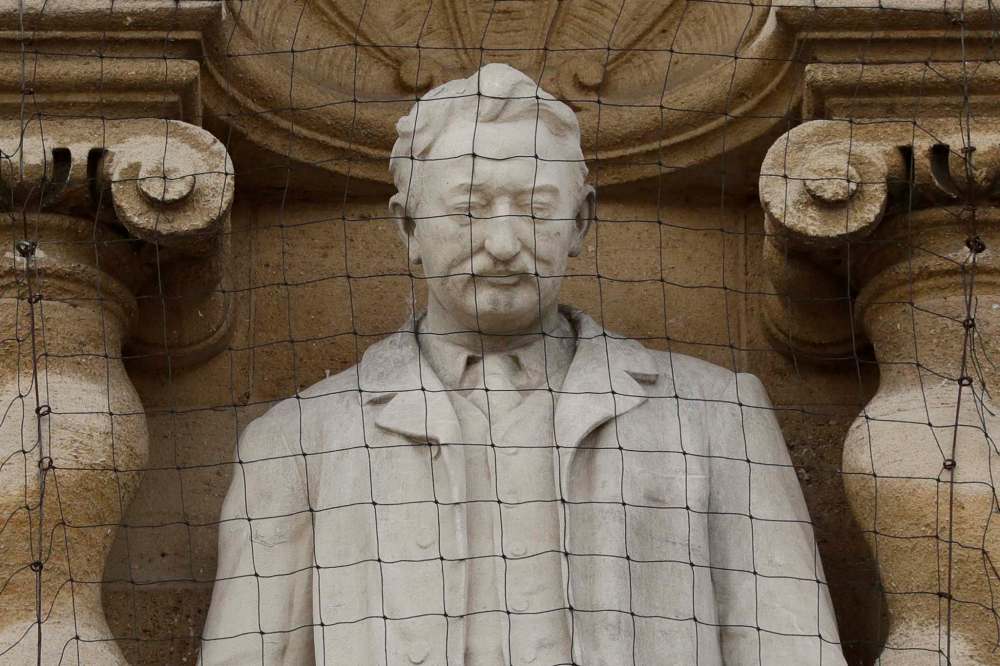
Joyanne.pursaga@freepress.mb.ca
Twitter: @joyanne_pursaga

Joyanne Pursaga
Reporter
Born and raised in Winnipeg, Joyanne loves to tell the stories of this city, especially when politics is involved. Joyanne became the city hall reporter for the Winnipeg Free Press in early 2020.
Our newsroom depends on a growing audience of readers to power our journalism. If you are not a paid reader, please consider becoming a subscriber.
Our newsroom depends on its audience of readers to power our journalism. Thank you for your support.

